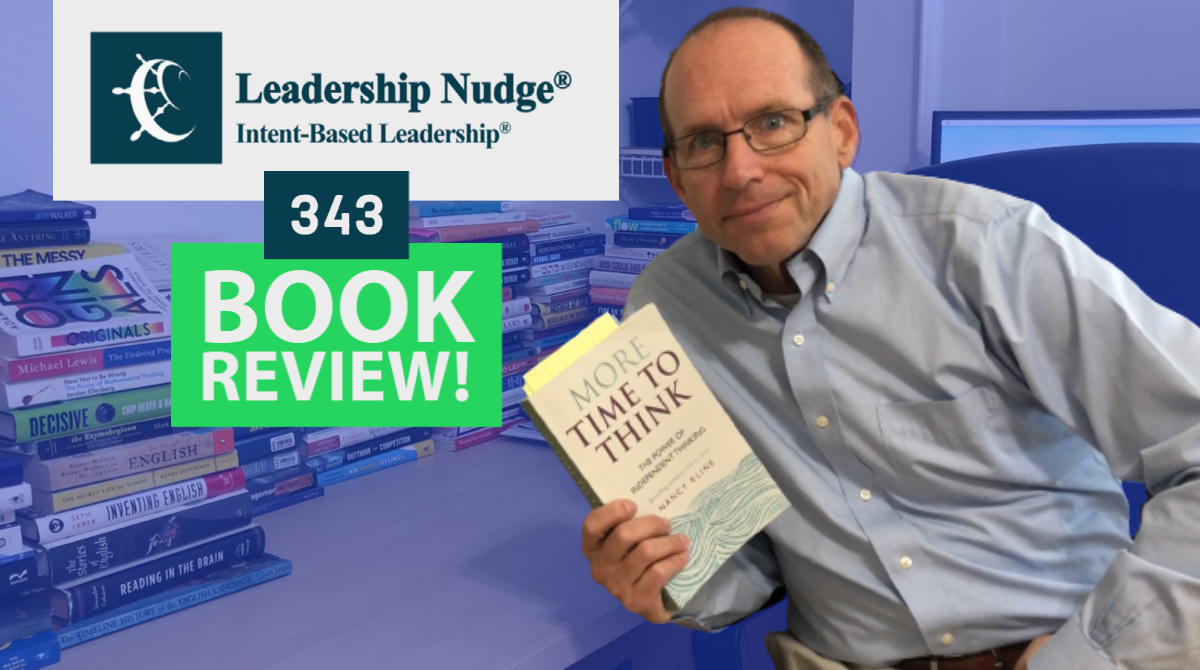A: How has being exposed to the agile community influenced your new book, Leadership Is Language? For example, the SCRUM and SAFe cycles?
Q: If we don’t relieve the pressure of the clock, its hard to shift to thinking mode, then collaborate with each other (not coerce) so we get commitments. So, from collaboration you get the internal commitment to complete. The Complete play is a parallel from agile. We work in chunks that end with a deliberate switch from redwork to bluework and that allows us to celebrate, reflect and get feedback. When Ford started making Model T’s he made the same car for over 15 years from 1904 into the 20’s, but by this time everything had changed and he was still making model T’s. And now with the mindset of improve not prove –it’s about the learning enabled by the predetermined stop point.
For example, we’re going to go for two weeks or three weeks. Then we’re going to stop– deliberately. So when we are head down in redwork, we don’t need to worry about the stopping point, that’s already set up. You just focus all your cognitive energy on doing “this,” and you can throw yourself fully into the work because you know “How far off track can you get in two weeks?” We’re going to reevaluate the work we just did. If it’s no good, we’ve only lost two weeks. That’s much better than “Oh we’re gonna do this forever, we may be way off track in six months.” With not reflecting back on the work for six months, you’re going to worry about that so you’re not really into the work, in flow, so your neither into the work nor out of the work, you’re just sort of “halfing” the work.
*Scrum is an agile process framework managing complex knowledge work. It is designed for teams of ten or fewer members, who break their work into goals that can be completed within time-boxed iterations, called sprints, no longer than one month and most commonly two weeks, then track progress and re-plan in 15-minute time-boxed daily meetings, called daily scrums.



